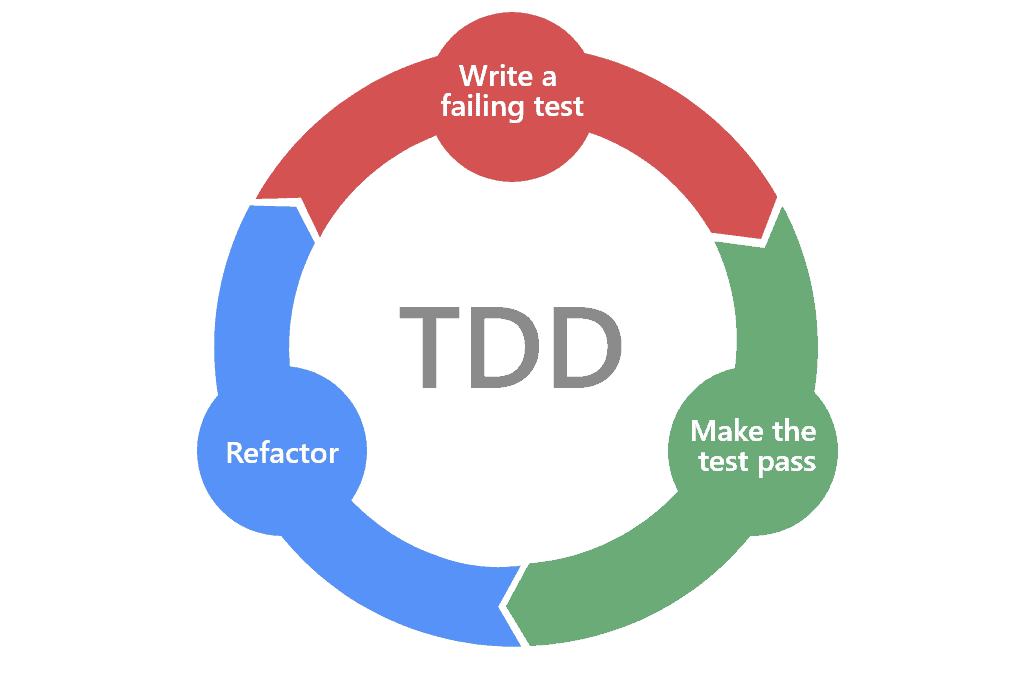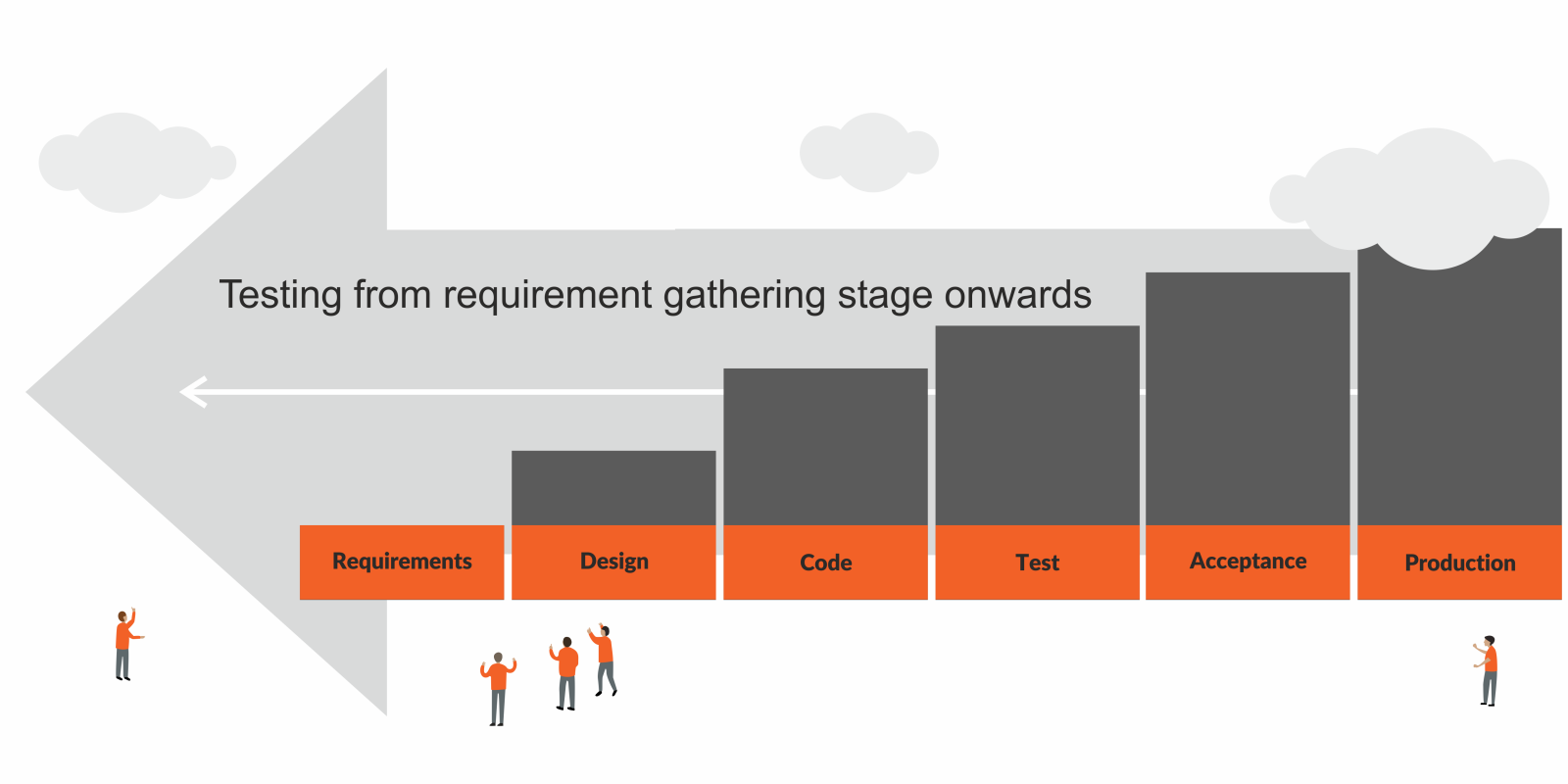What are benefits of testing?
Do I really need tests? Isn’t it a waste of time? These are questions you might have asked once or still find yourself asking. However, the answer is that tests are not a waste of time, and they provide numerous benefits. Let me explain why.
TDD - Test Driven Development
Test-Driven Development (TDD) is a software development process that relies on software requirements being converted into test cases before the software is fully developed. First, write tests that fail, then code to cover them and make the tests pass, and finally refactor the code if needed.

Benefits of having tests
-
Better program design and higher code quality: Tests help reduce code complexity and lead to fewer, more thoughtful dependencies between classes. This results in smaller classes and functions that are easier to read and understand.
-
Detailed project documentation: Tests serve as excellent documentation for a project. They help new team members dive into the project and understand it more quickly. In many cases, tests may be the only up-to-date source of documentation.
-
Code flexibility and easier maintenance: Having tests in place makes it easier to confidently refactor code or add or delete features/parts of the code. This approach helps teams stay focused on Continuous Delivery.
-
Save project costs in the long run: At first, it may seem like tests are a waste of time because they take time to write. However, investing time in testing reduces the chances of future bugs and issues during software development. If issues do occur, they will be discovered more quickly, saving both time and money, and potentially preventing more costly bugs. This approach is called “Shift-left testing,” and it allows teams to find and prevent defects early in the software delivery process.

In conclusion, tests are not a waste of time but rather a crucial aspect of software development that leads to better design, documentation, flexibility, and cost savings.

Comments